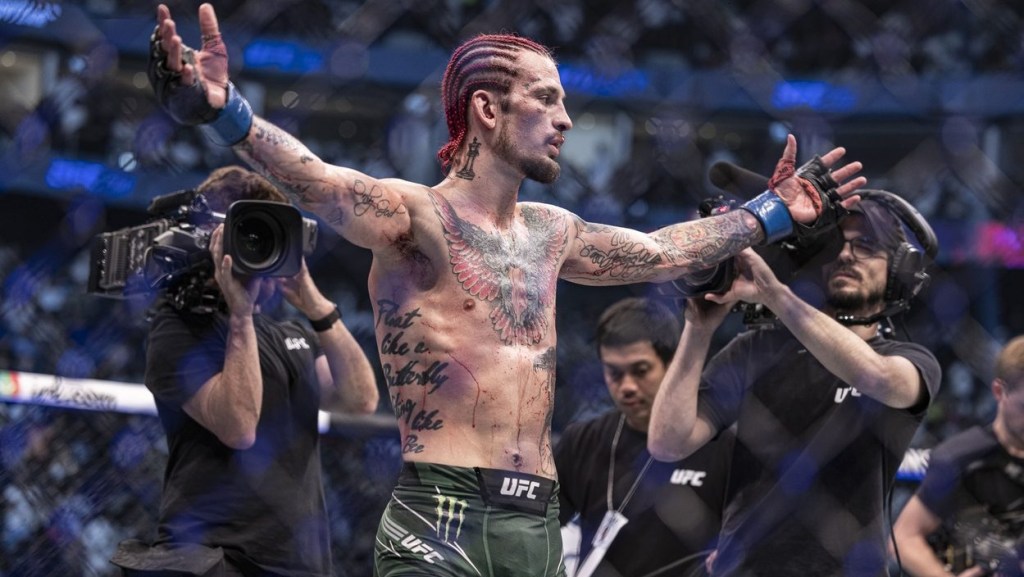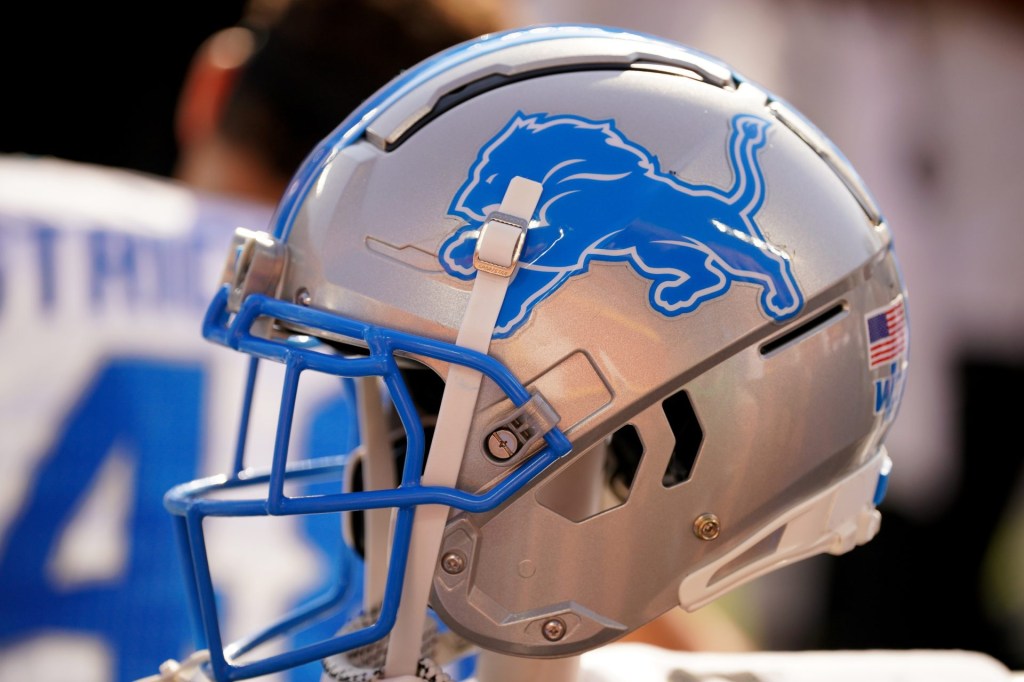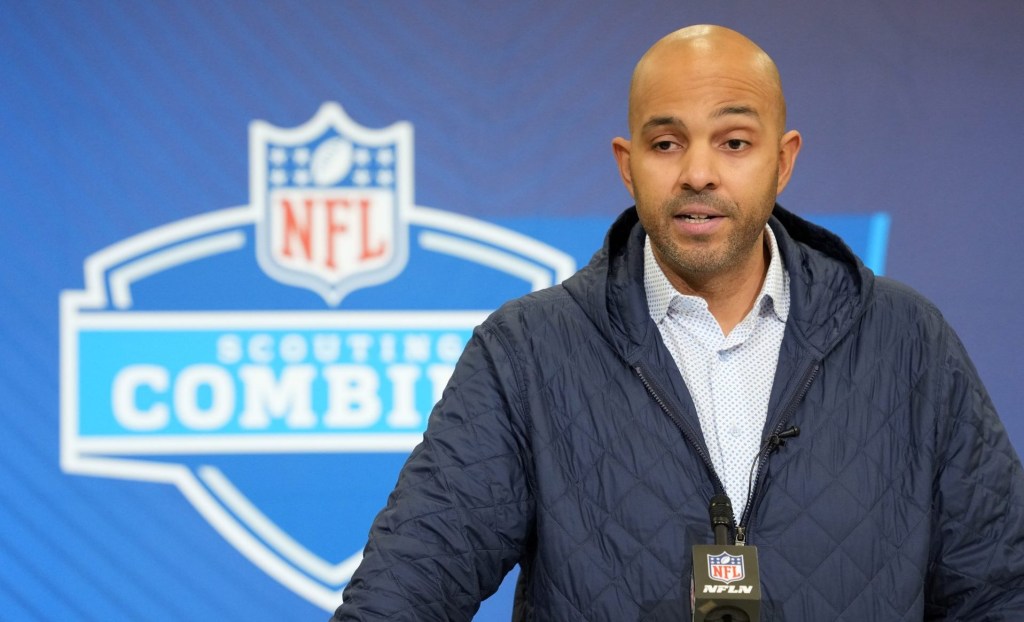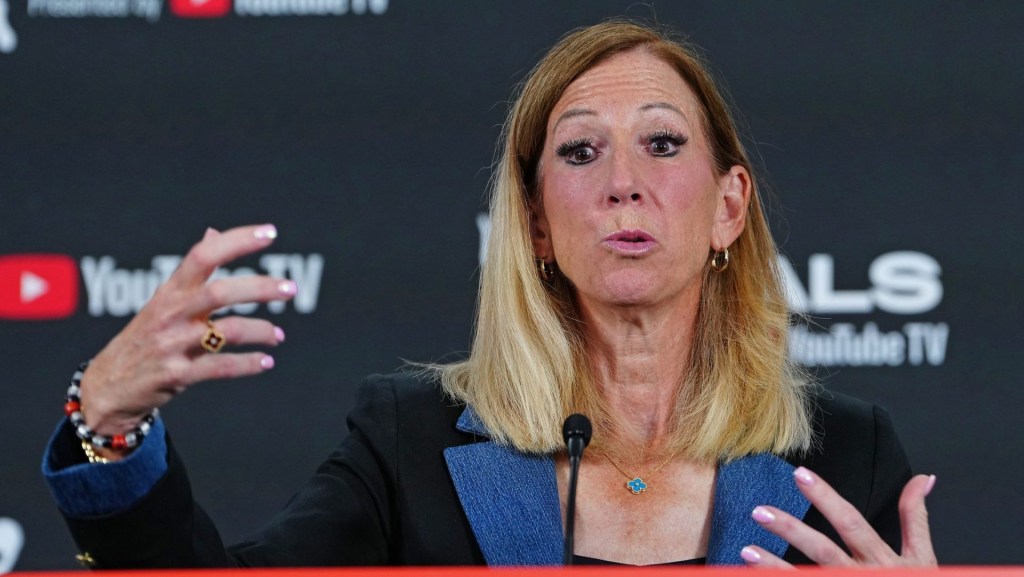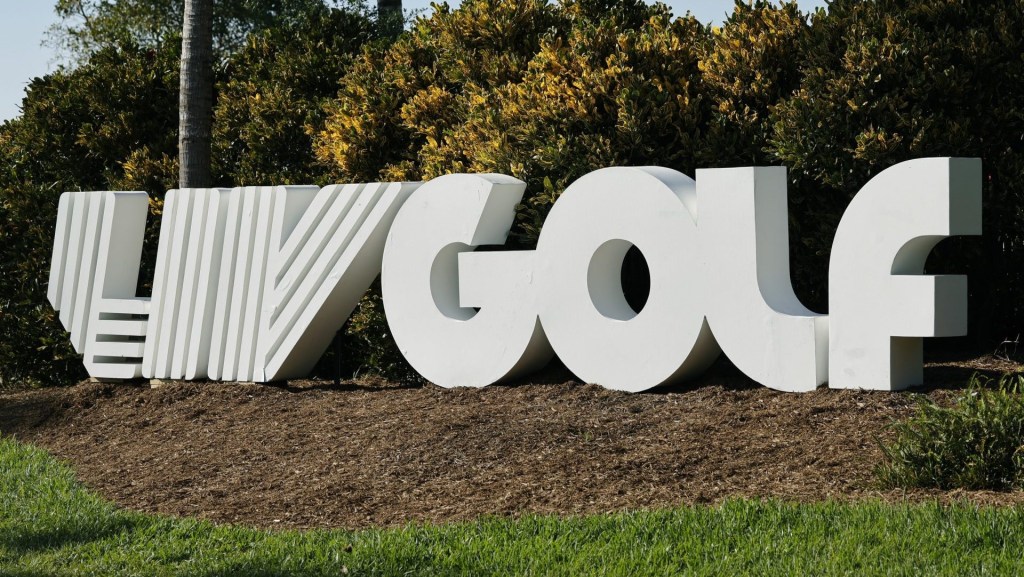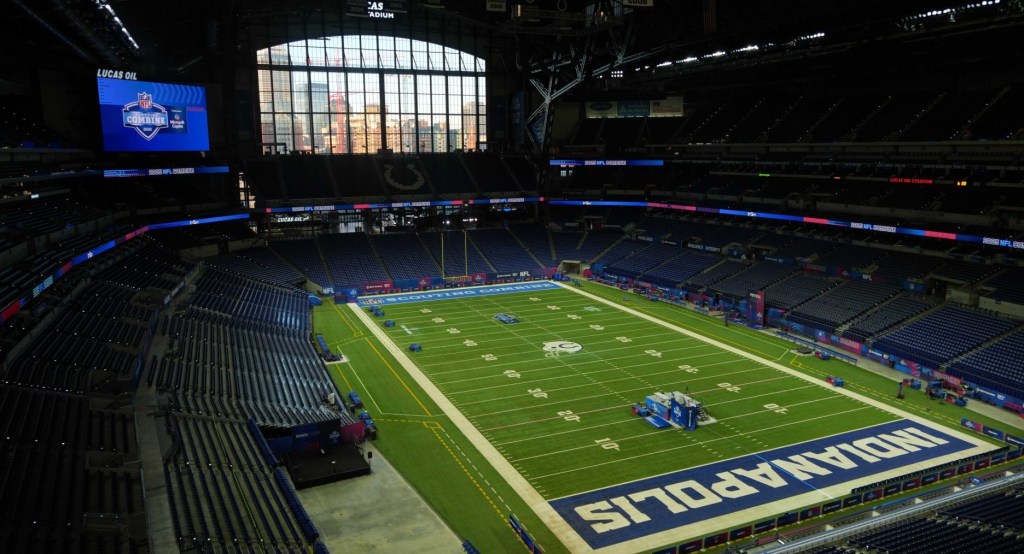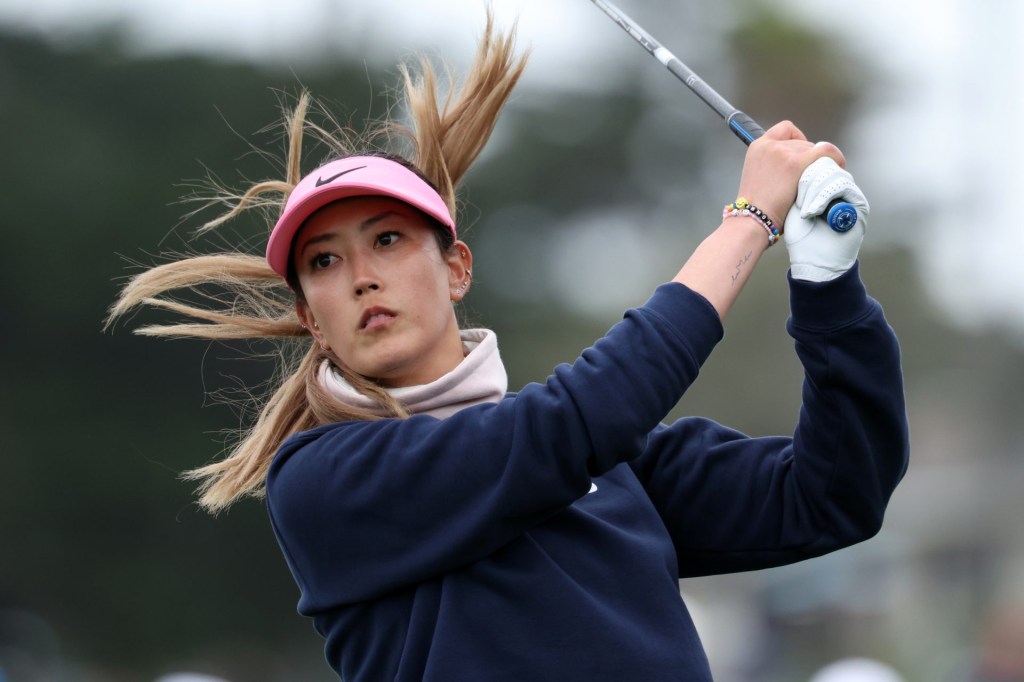INDIANAPOLIS — As players trickled out of the downtown Indianapolis hotel where the Women’s National Basketball Player’s Association and WNBA met for the first time in person since December, their tone was not celebratory.
It wasn’t overly negative, either. But there was an undeniable sense that the meeting—which lasted a couple of hours and produced the largest in-person player turnout in union history—did not yield strong results. The most pressing issue the players wanted to address directly with league officials, including commissioner Cathy Engelbert, was how the league would share its revenue with players.
Progress was not the word used by WNBPA executive director Terri Carmichael Jackson but she said the two sides “had spirited conversations” in regards to revenue sharing.
One player leaving the hotel characterized the meeting as “bullshit” while another shrugged indifferently when asked how things went. Some declined to comment altogether, including union president Nneka Ogwumike, who said she had to make it to the WNBA’s Orange Carpet when asked about the meeting by a small group of reporters. A union spokesperson said players were not advised not to speak to the media following today’s meeting.
Among the over 40 players in attendance, in addition to Ogwumike, were Skylar Diggins, Breanna Stewart, Napheesa Collier, Kelsey Plum, Natasha Cloud, and Gabby Williams. The union also saw significant turnout from players in their first or second year in the league with Caitlin Clark, Angel Reese, Paige Bueckers, and Sonia Citron and others in attendance.
The WNBA did not immediately respond to a request for comment. Engelbert left the meeting from an exit that was unreachable by reporters.
Jackson said some players gave up paid appearances to be at Thursday’s meeting.
When asked if the league and union are on track to get a new CBA ratified by the October 31 deadline, Jackson did not say yes.
“We’re on track to get back to meeting and engaging in conversations that will lead us to a CBA,” Jackson said.
A reporter followed up asking what was the definition of “transformational” that both sides had reached an understanding on. Jackson was quick to correct them: No understanding has been reached.
The WNBPA submitted multiple proposals to the league beginning in February. It took the league nearly five months to counter. When players did finally get their hands on the league’s first offer, they were dismayed. Phoenix star Satou Sabally characterized it as a “slap in the face” while Stewart said it was as if both sides weren’t talking about the same thing.
Asked if she felt the league’s delayed counterproposal was strategic to try and force the union’s hand, Jackson said that is a question for the WNBA’s top brass. She did say she feels the 106 days they have before the deadline is “plenty of time.”
The union will meet with the league again but Jackson declined to comment on when other than to say, “soon.”
Players are seeking improved benefits, expanded rosters, and a softer salary cap, but above all, they are seeking a revenue sharing structure that allows salaries to grow proportionally with the business of the league.
In 2024, the league announced an 11-year media rights deal—which takes effect next year—worth at least $2.2 billion. In the last month, the WNBA received record-breaking $250 million expansion fees from three separate ownership groups. The influx of capital along with record-breaking viewership and attendance numbers is the bedrock for the players’ current stance that fixed salary-cap numbers—which is what the league previously proposed—is a nonstarter.
“Negotiations are hard,” Jackson said. “They have hard conversations along the way to getting to productive conversations. That’s what today was.”
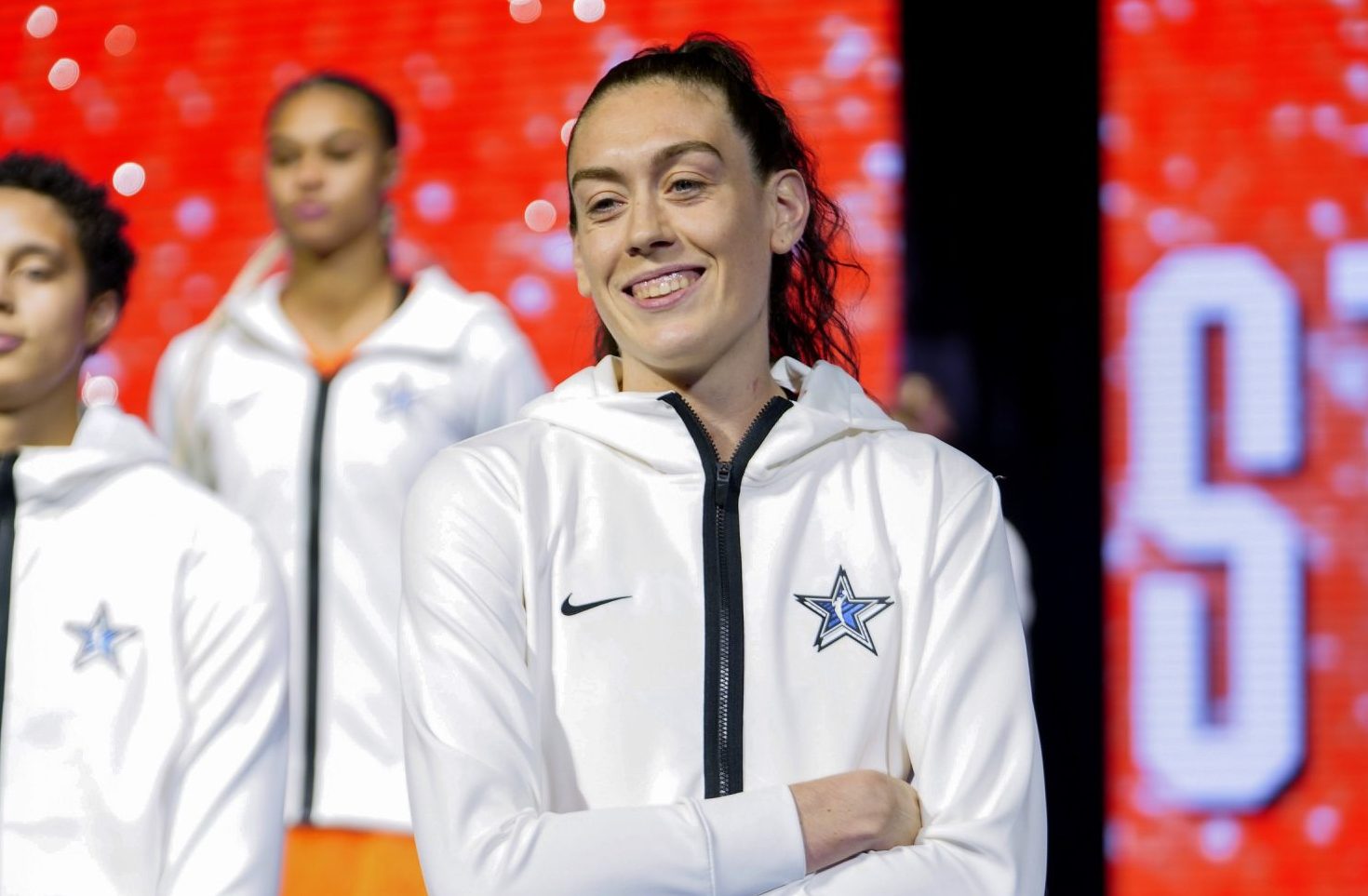
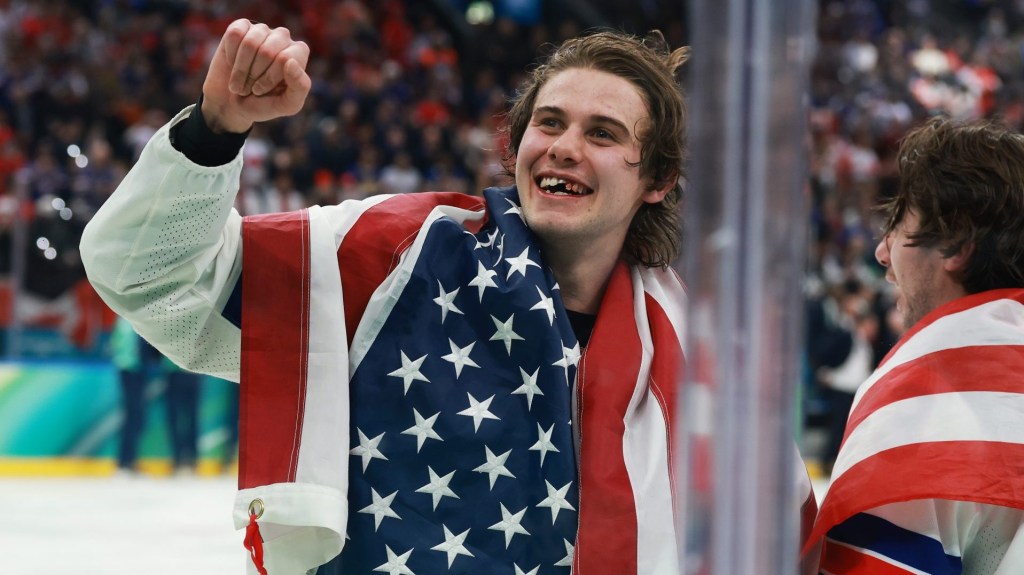
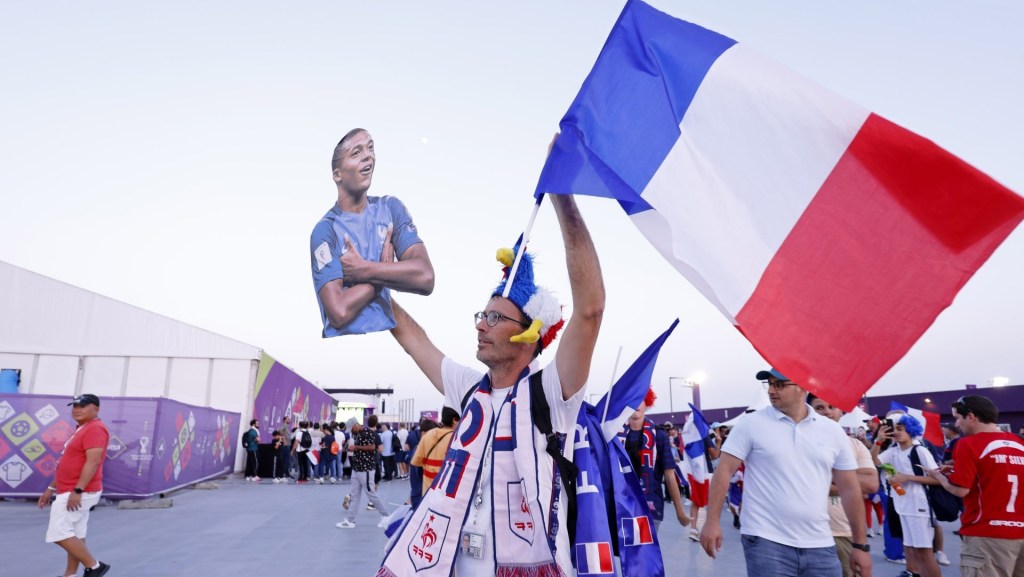
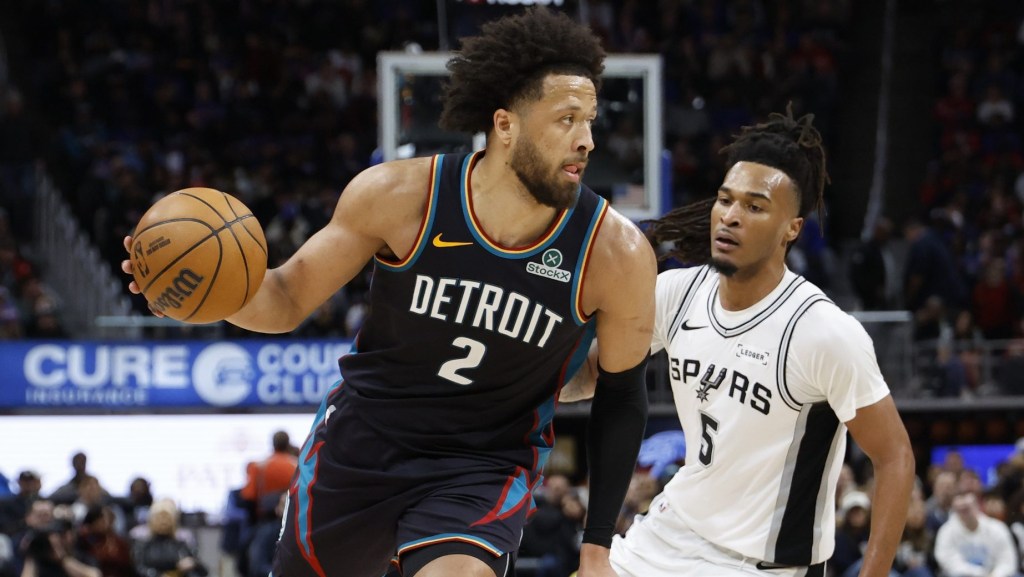
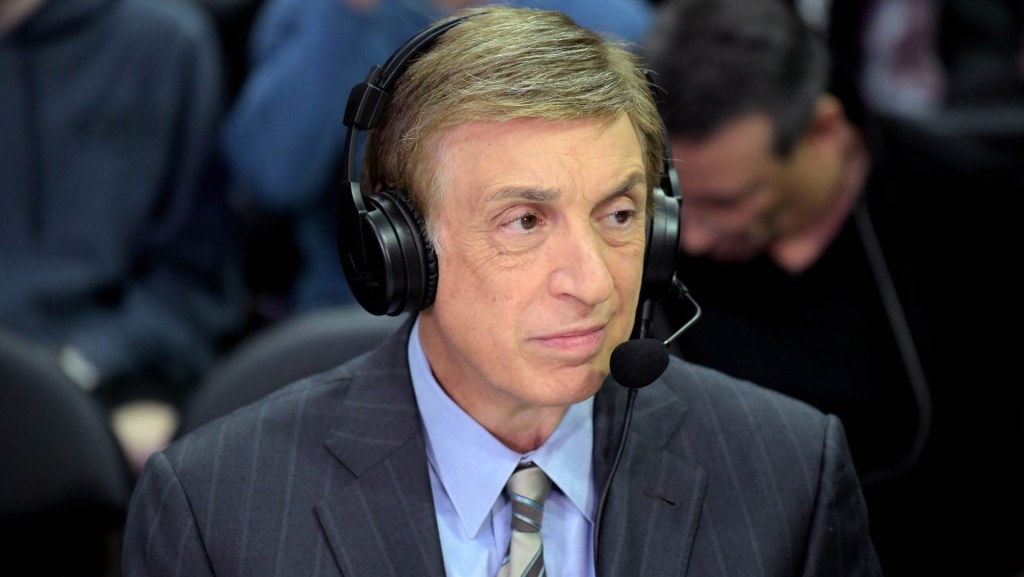
![[Subscription Customers Only] Jul 13, 2025; East Rutherford, New Jersey, USA; Chelsea FC midfielder Cole Palmer (10) celebrates winning the final of the 2025 FIFA Club World Cup at MetLife Stadium](https://frontofficesports.com/wp-content/uploads/2026/02/USATSI_26636703-scaled-e1770932227605.jpg?quality=100&w=1024)



